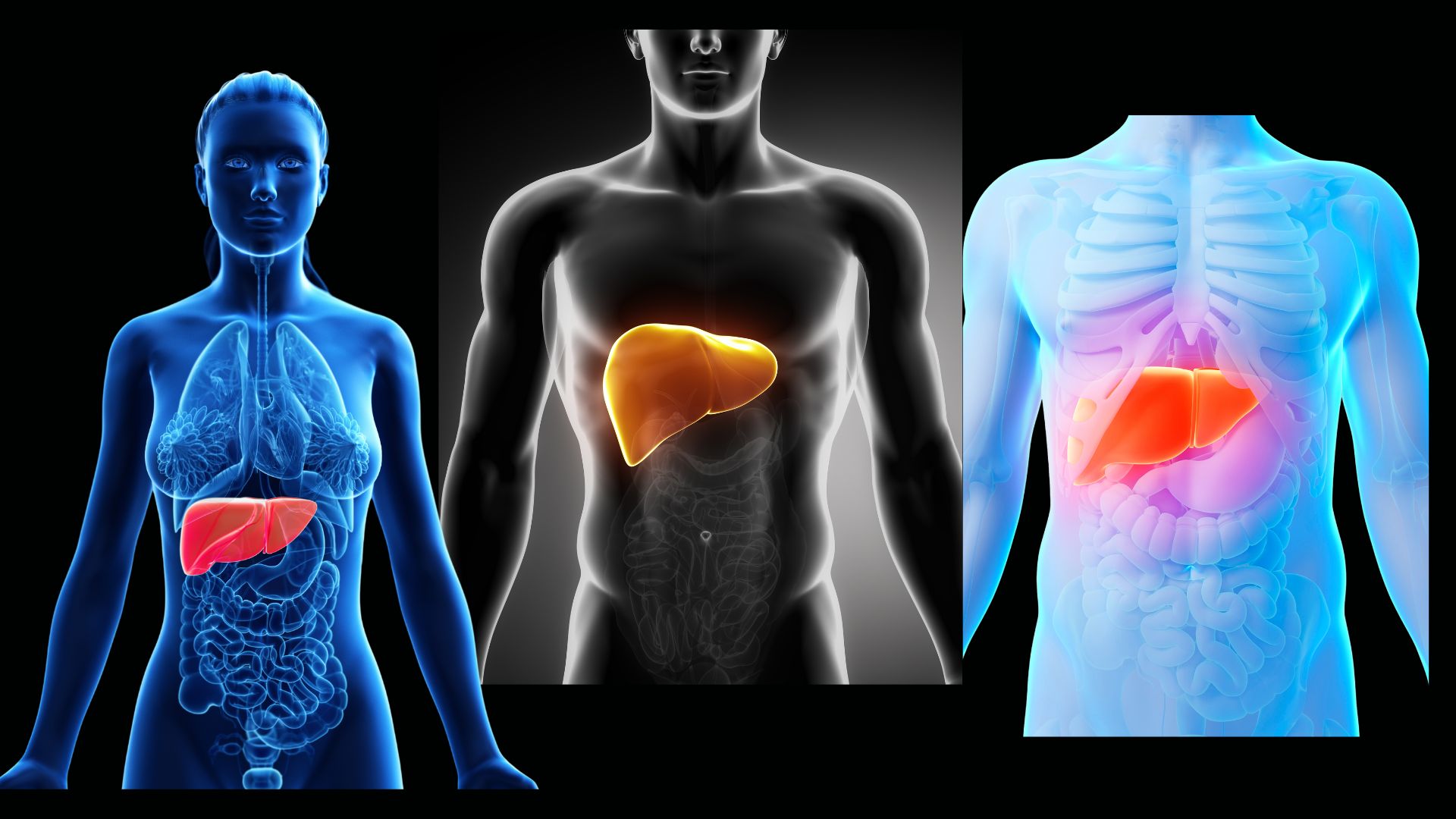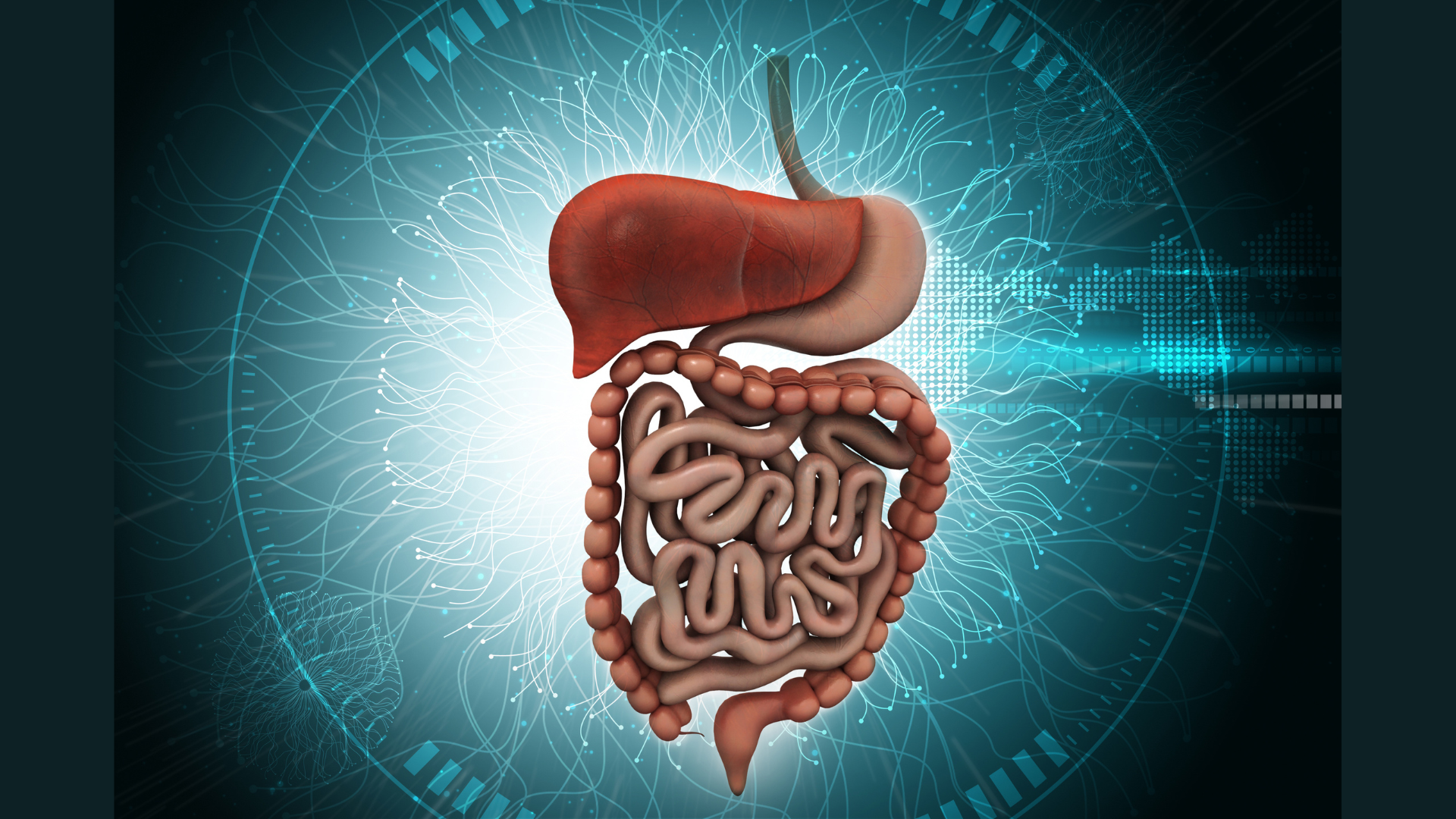Colon Cleanse at Home: A Comprehensive Guide
Colon Cleanse at Home - The colon, or large intestine, plays a crucial role in our digestive system and overall health. Responsible for the final stages of digestion, it absorbs water and nutrients from indigestible food matter, processes waste products, and prepares them for elimination.
These essential functions are vital to maintain a healthy and well-functioning colon and digestive system. Learning how to take care of your colon and avoid practices that impair its function can help you feel better and enjoy improved energy. Check out the various methods to cleanse the colon at home, including dietary adjustments, supplements, and exercises.
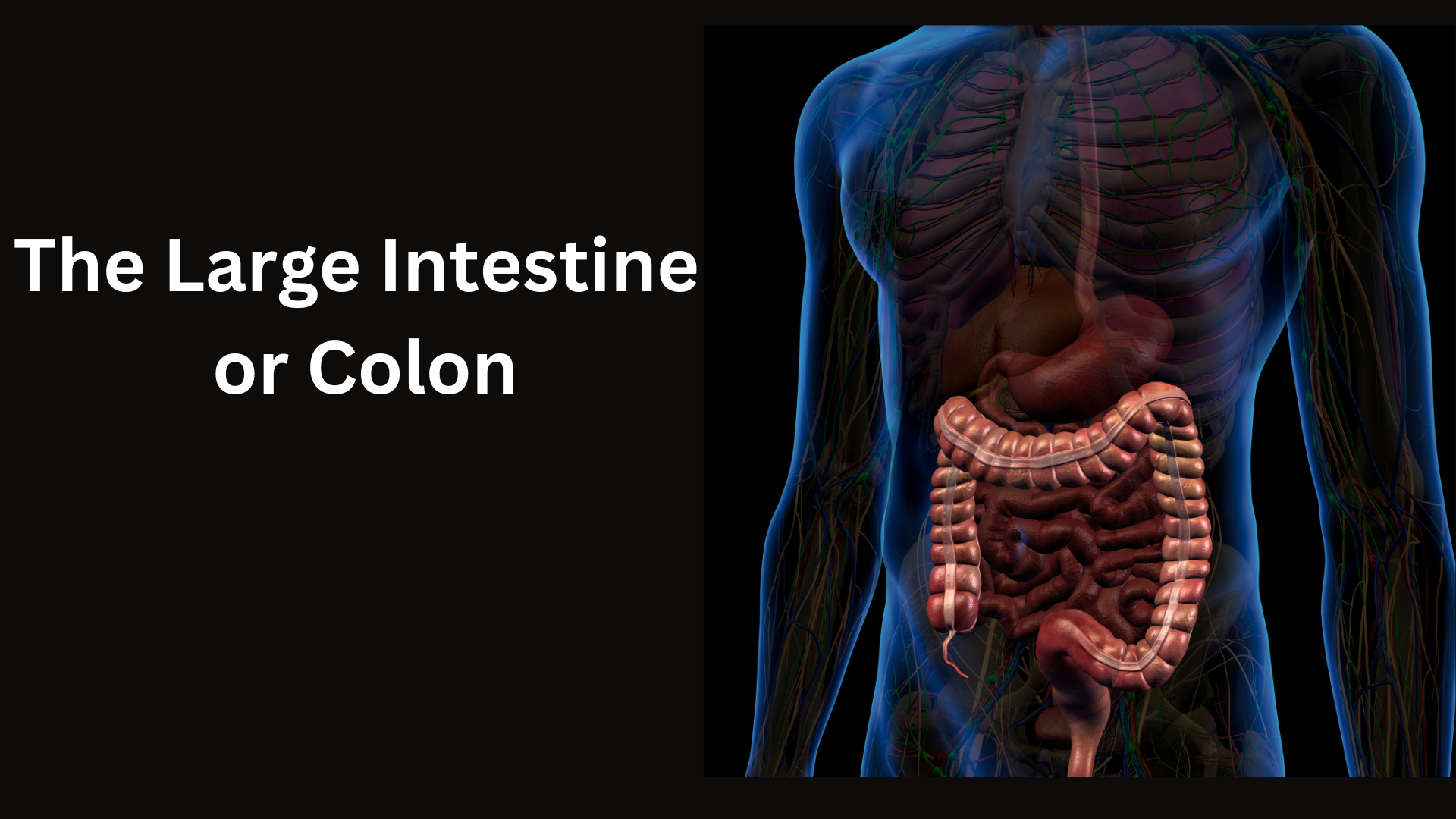
The Role and Function of the Colon
The colon is approximately six feet long and is divided into four sections: the ascending colon, the transverse colon, the descending colon, and the sigmoid colon. Its primary functions include:
- Absorption: The colon absorbs essential nutrients, vitamins, and water from the remaining indigestible food matter, aiding in maintaining the body's hydration and electrolyte balance.
- Fermentation: Beneficial bacteria in the colon ferment undigested carbohydrates, producing short-chain fatty acids that provide energy to colon cells and maintain gut health.
- Waste Elimination: The colon compacts waste products into feces, which are stored in the rectum until they are excreted.
- Immune Function: The colon houses a significant portion of the body's immune system. The gut microbiota plays a critical role in defending against pathogens and maintaining immune homeostasis.
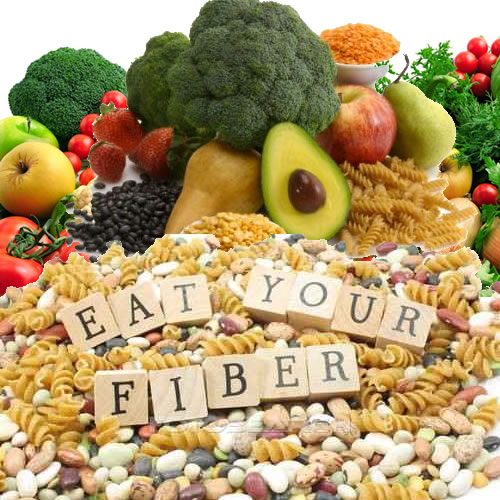
Why the Colon Needs Nutritional Support
Learning to do your colon cleanse at home can save you money in health care as well as paying money for practices that will not help. And it may save you from a lifetime of discomfort and disease.
A healthy colon is vital for efficient digestion, nutrient absorption, and waste elimination. Nutritional support is essential to maintain the integrity of the colon's lining, promote beneficial bacterial growth, and prevent inflammation. A balanced diet rich in fiber, probiotics, and prebiotics can help support colon health and prevent digestive disorders.
Factors That Impair Colon Function
Several factors can impair colon function, leading to various digestive issues, such as constipation, diarrhea, and inflammatory bowel diseases. Some key factors include:
Poor Diet - A diet high in processed foods, refined sugars, unhealthy fats, and low in fiber can negatively impact colon health. These foods promote the growth of harmful bacteria, increase inflammation, and hinder regular bowel movements.
Dehydration - Insufficient water intake can lead to dehydration, making it difficult for the colon to absorb water from digested food. This results in hard, dry stools and constipation.
Lack of Physical Activity - A sedentary lifestyle can slow down the digestive process, leading to sluggish bowel movements and an increased risk of constipation.
Stress - Chronic stress can disrupt the gut-brain axis, leading to altered gut motility and increased inflammation. This can result in various digestive issues, including irritable bowel syndrome (IBS).
Medications - Certain medications, such as antibiotics, can disrupt the balance of gut bacteria, leading to digestive problems and an increased risk of colon-related issues.
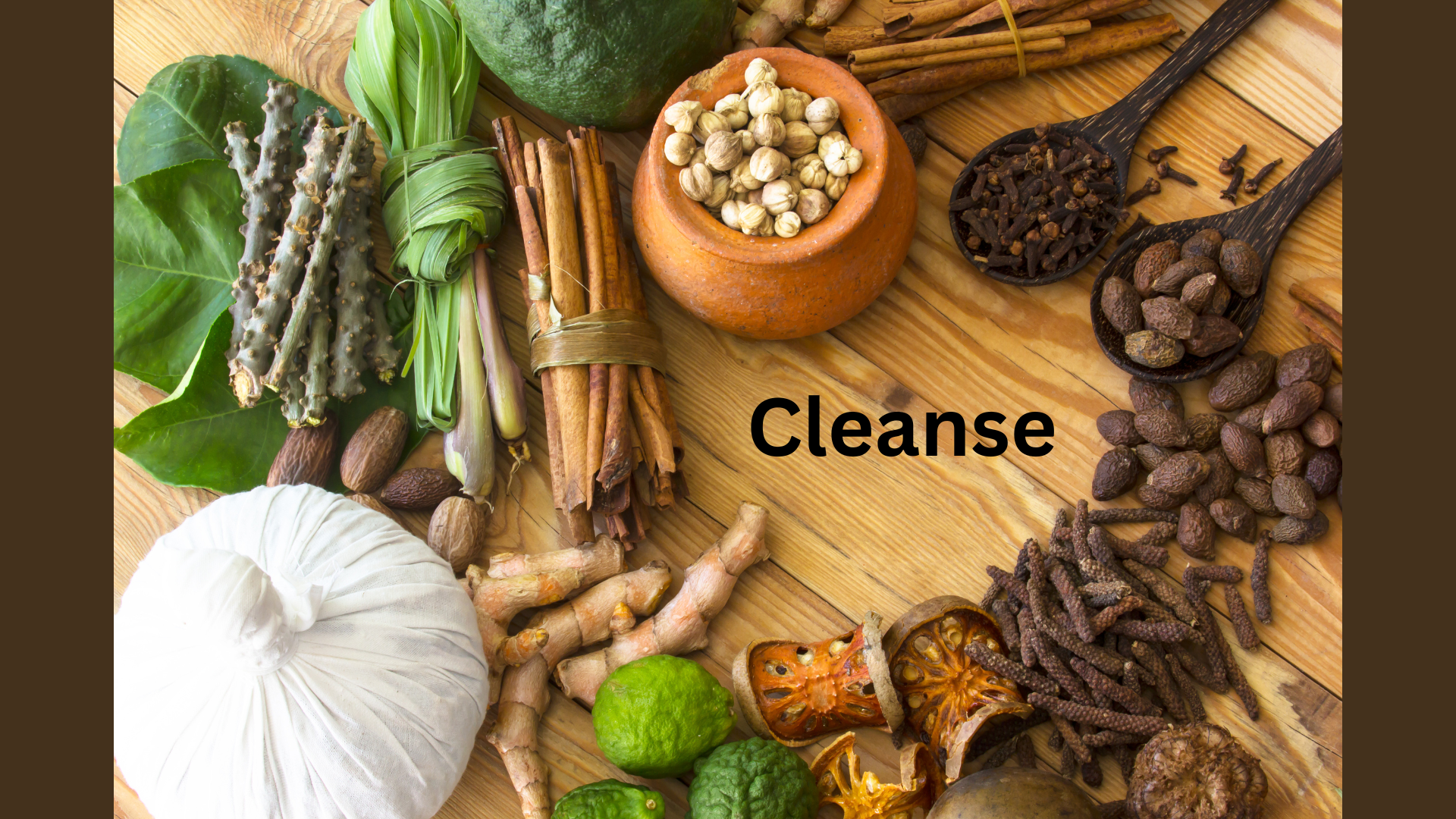
Methods to Colon Cleanse at Home
Colon cleansing can help remove toxins, improve digestion, and support overall gut health. Here are several effective methods to cleanse your colon naturally at home:
Dietary Adjustments
Fiber-Rich Foods: Consuming a diet rich in fiber is one of the most effective ways to cleanse the colon. Fiber adds bulk to the stool, promoting regular bowel movements and preventing constipation. Some excellent sources of dietary fiber include:
- Fruits: Apples, pears, berries, and bananas
- Vegetables: Broccoli, carrots, spinach, and kale
- Whole grains: Oats, brown rice, quinoa, and barley
- Legumes: Lentils, chickpeas, black beans, and kidney beans
- Nuts and seeds: Almonds, chia seeds, flaxseeds, and walnuts
Probiotic Foods
Probiotics are beneficial bacteria that help maintain a healthy balance of gut microbiota. Consuming probiotic-rich foods can support colon health by promoting the growth of good bacteria and preventing the overgrowth of harmful bacteria. Some probiotic foods include:
- Yogurt
- Kefir
- Sauerkraut
- Kimchi
- Miso
- Tempeh
Prebiotic Foods
Prebiotics are non-digestible fibers that serve as food for beneficial gut bacteria. Consuming prebiotic-rich foods can enhance the growth and activity of probiotics, supporting overall colon health. Some prebiotic foods include:
- Garlic
- Onions
- Leeks
- Asparagus
- Bananas
- Oats
Hydration
Drinking plenty of water is crucial for maintaining proper colon function. Water helps to soften stools, making digested waste easier to pass and prevent constipation. Aim to drink at least six to eight glasses of water per day.
Several supplements can aid in colon cleansing support and overall gut health, especially when things aren't moving the way they should:
Psyllium Husk - Psyllium husk is a natural fiber supplement that can help add bulk to the stool and promote regular bowel movements. While it is often used as a gentle laxative to relieve constipation, this is not so with everyone. Psyllium is merely a bulking agent. If your intestinal muscles are sluggish, then it may not move psyllium through very easily. Be sure to use psyllium with caution and only temporarily.
Magnesium Citrate - Magnesium citrate is a supplement that can help relax the muscles of the gastrointestinal tract, promoting smoother bowel movements and preventing constipation. Beware of this supplement however, as the body can quickly become dependent on magnesium supplements.
Aloe Vera - Aloe vera has natural laxative properties and can help soothe inflammation in the digestive tract. It is often used to relieve constipation and support overall gut health. When taken in small amounts, aloe can help soothe and health the colon, while larger amounts can have a laxative effect.
Probiotic Supplements - Taking a high-quality probiotic supplement can help replenish beneficial gut bacteria, supporting a healthy balance of microbiota and promoting colon health.
Exercise - Regular physical activity can help stimulate the digestive system, promoting regular bowel movements and preventing constipation. Walking is one of the best exercises to keep your body moving in more ways than one! Additionally, certain exercises, such as yoga, can be particularly beneficial for colon health. In fact, these can be so powerful I included some below:

Yoga Asanas
Yoga asanas, or poses, can help massage the abdominal organs, improve circulation, and stimulate the digestive system, thus supporting your effort to colon cleanse at home. Some yoga poses that promote colon health include:
- Wind-Relieving Pose (Pavanamuktasana): This pose helps release gas and improve digestion by massaging the abdominal organs.
- Seated Forward Bend (Paschimottanasana): This pose stretches the digestive tract, promoting smooth bowel movements.
- Spinal Twist (Ardha Matsyendrasana): This pose stimulates the digestive organs and helps detoxify the colon.
- Child's Pose (Balasana): This pose relaxes the body and helps reduce stress, which can positively impact colon function.
- Bridge Pose (Setu Bandhasana): This pose strengthens the abdominal muscles and stimulates the digestive organs.


